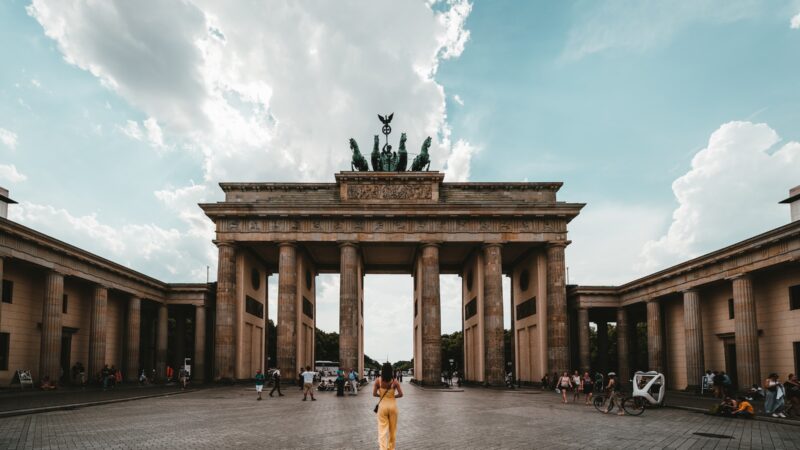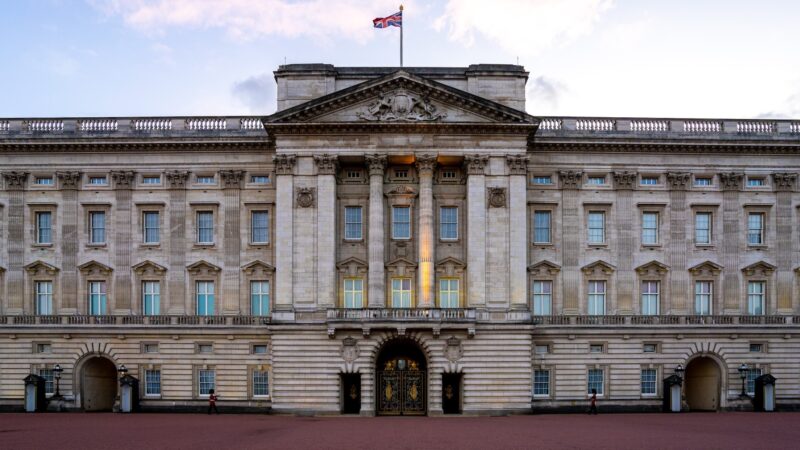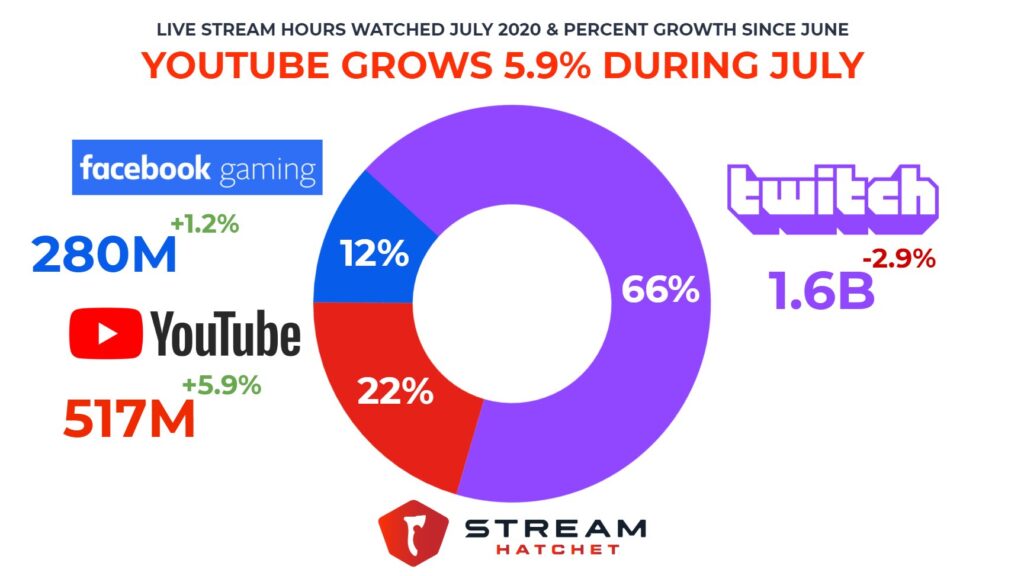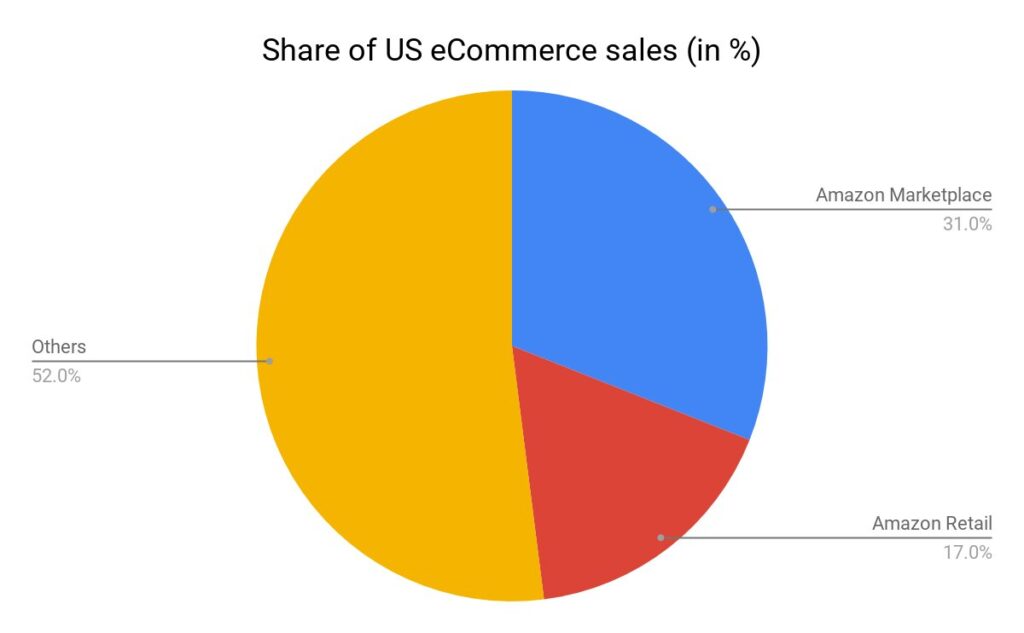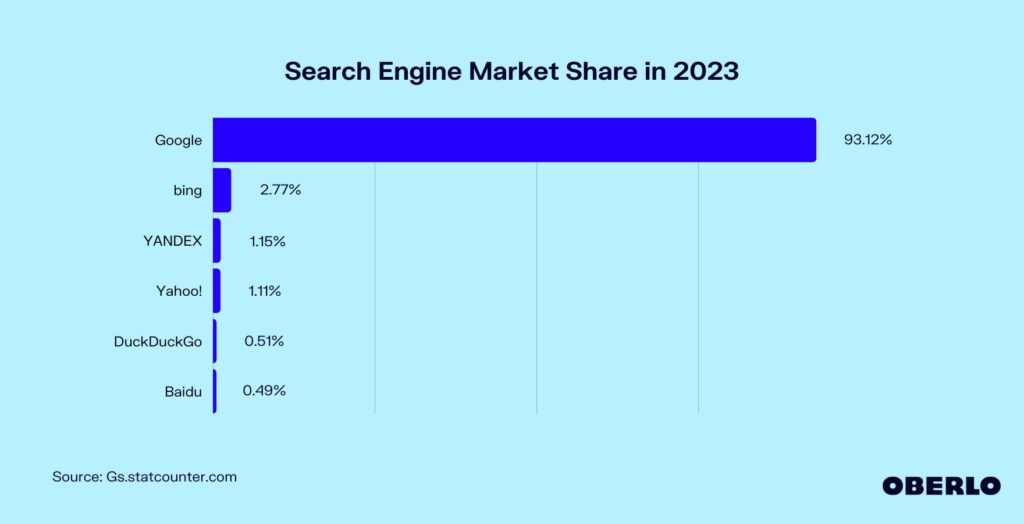“At midnight tonight her borders will be opened. Already, for the last few days, they’ve been practically unguarded. And I’m sitting here now, slowly repeating, over and over, these melancholy words of an old prince Bibesco, trying to drum them into my head: The fall of Constantinople is a personal misfortune that happened to all of us only last week.” – Jean Raspail, Camp of the Saints, Epilogue (1973).
Within the last 48 hours, the Mediterranean island of Lampedusa, once host to 6000 Italians, has been overrun by upwards of 18,000 African migrants, the vast majority of whom are military-age men. Some of them have been shipped to Germany, but they continue to vastly outnumber the native population.
Since their arrival, the migrants have taken to fighting amongst themselves, struggling over the island’s waning and already limited resources, with local officials struggling to maintain control. As every astute observer of politics and history will know, violence within the in-group is typically remedied by violence against an out-group, making the possibility of further and more severe chaos, far from a hamstrung hypothetical, a very real threat at this time.
In no uncertain terms, Lampedusa is experiencing an invasion, one which has been instigated without any formal declaration of war between nations yet will afflict the island in much the same way.
Given the nature of this event, I am reminded of Jean Raspail’s The Camp of The Saints, the final words of which provide the opening to this article. The author grimaces as the last outpost of European civilisation, Switzerland, is forced to capitulate to the ‘rules-based international order’, having been outcast as a rogue state for closing its borders amid a continent-wide migrant invasion.
Lampedusa is symbolic of the transformation which has occurred in towns and cities across all of Europe. From England to Italy, from Spain to Poland, from France to Germany, from Sweden to Greece, mass immigration from Africa and the Middle East, as well as Eastern Europe to a lesser and more regionalised extent, has radically transformed the essence of many European settlements, altering them in such a way not seen since Antiquity.
In England, in this year alone, we’ve become well-acquainted with the dire consequences of mass immigration. From rising tensions between the Blacks and South Asians in Peckham to ethnoreligious violence between Indians and Pakistanis in Leicester, divisions which the established order has tried to dilute by promoting anti-white rhetoric in the name of intersectional social justice.
Amid this litany of troubling events, it is easy to forget our European friends face many of the same problems, and that such problems are not an idiosyncratic quirk of the British state.
Unfortunately, similar to such cases, many will not feel sympathy for the people of Lampedusa. Some of native descent in Europe will remark on the inevitability of this ordeal, as if it was apolitical in nature or without a realistic alternative. Erstwhile, some of foreign descent will wryly remark that such an invasion is deserved; if not ‘deserved’, then a change for the better, and if not a change for the better, then negligible happenstance unworthy of press coverage.
Our leaders have known about Lampedusa’s troubles for no less than 20 years. However, instead of preventing such activity, they have spent decades trying to transform illegal migration to a standard bureaucratic procedure. If you can’t beat them, join them!
Since the early 2000s, Lampedusa has been a prime transit point for African and Middle Eastern migrants seeking to enter Europe. Migrants have been paying smugglers to ship them to the island, from which they are transported to the Italian mainland for processing.
Not that any of the processing matters of course. Those without the right to stay, even under Europe’s distinctly liberal asylum laws, continue to live on the mainland, as their deportation orders are barely enforced.
When the Italian government struck a deal with the Libyans in 2004, obliging the latter to accept African immigrants deported from Italian territories, the European Parliament condemned the agreement, and the ensuing repatriations, as unconscionable, unworkable, and quite possibly, illegal.
In 2009, roughly 2000 migrants overwhelmed the island’s asylum facilities. Only capable of accommodating 850 people, the migrants started to riot. How dare the people of Lampedusa be so unprepared for their completely unscheduled, unsustainable arrival!
Catching word of the riot, the United Nations High Commissioner for Refugees (UNHCR) quickly issued a condemnation; not of the traffickers, not of the authorities, or the migrants, but of the Italian people.
In May 2011, roughly 35,000 migrants had landed on the island since the start of the year. By August, the number had increased to roughly 50,000, with most of the arrivals being men in their 20s and 30s. Compared to the recent arrivals, it is clear things have not changed in this respect either.
Following the 2013 Lampedusa Disaster, in which a boat carrying over 500 migrants, mostly from Eritrea and Somalia, sank off the coast, resulting in at least 300 deaths, Pope Francis prayed not for the natives, but those complicit in a criminal operation to illegally enter their home.
In 2015, from January to April, over 1500 migrants died on the route from Libya to Lampedusa, making it the deadliest migrant route in the world, and just as was the case two years prior, efforts went towards making the trafficking network more legal, more safe, and more efficient, rather than ending the practice altogether.
Consequently, boats needn’t travel far off the coast of Africa to be brought to the mainland by the EU or the UN. The prevailing political mentality is that migrant deaths in the Mediterranean are best averted when the EU, the UN, or some other official organisation does the traffickers’ dirty work for them, showing little-to-no consideration for the domestic consequences of their precious so-called ‘humanitarianism’.
In the case of Lampedusa, the idea that an island of one community should become an island of two, lacking a tangible sense of common belonging, situates both groups into a state of war, and such a war is unjust, both in the sense it is unnecessary, and in the course which it is likely to follow, assuming it is not dealt with in a fitting manner.
From the Pelagies to the Aegeans, every island in the Mediterranean is the first in a trail of dominoes, each of increasing size, intersecting at every European capital, with every tremor created from their fall being more forceful than the last.
I do not want what has happened in Lampedusa to happen tomorrow, the day after, next week, next month, next year, or ever after. It is the height of political and moral arrogance to plunge an entire community of people, overnight no less, into such existential uncertainty.
To subject anyone, native or foreigner, to such sordid and egregious indignity is to betray every metric of justice, and anything short of mass deportations, the immediate defunding of complicit NGOs, and the destruction of every treasonous convention and law, will amount to nothing but betrayal, a betrayal of Lampedusa and all the peoples of Europe.

